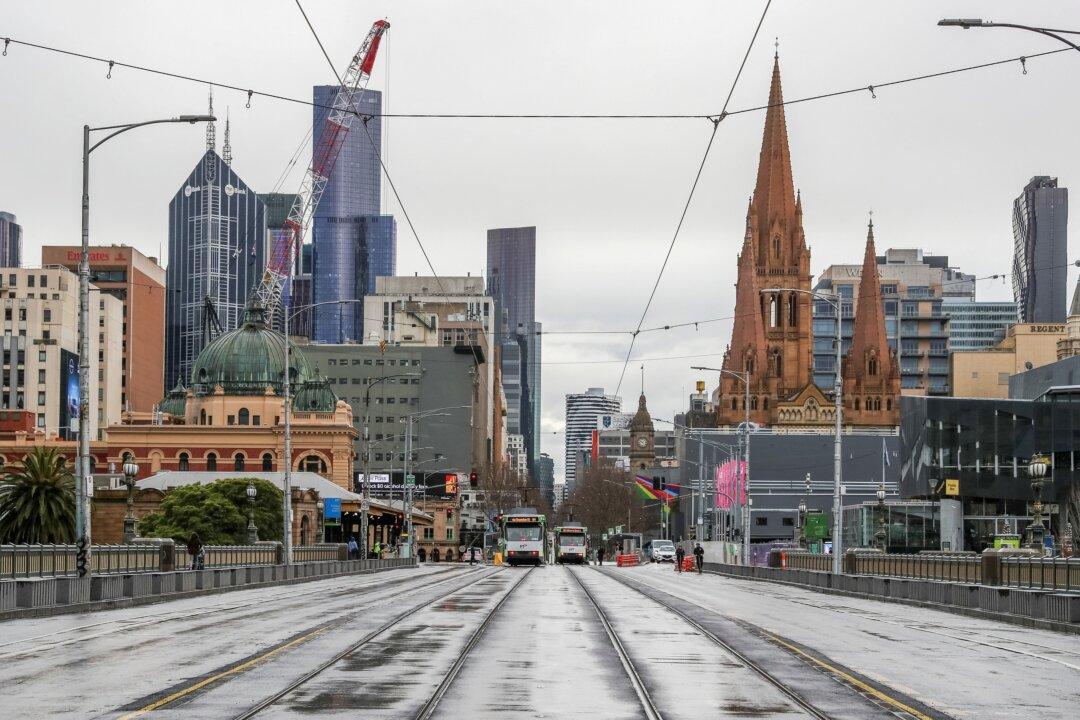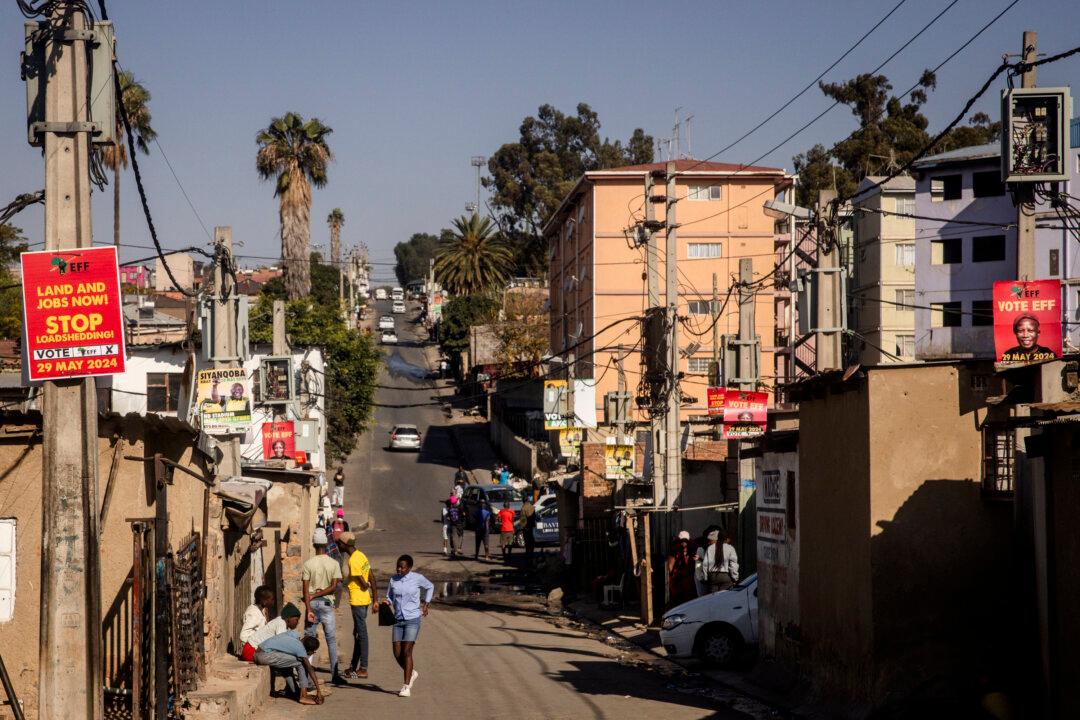The Australian Home Affairs Department—normally responsible for dealing with terrorism and border security—made over 4,000 requests to U.S. tech giants to review COVID-19-related content during the pandemic years.
Between Jan. 1, 2017, to Dec. 15, 2022, the Home Affairs Department made 4,213 “COVID-19-related content referrals” to digital platforms like Facebook and Twitter to review content against their own terms of service—the height of the pandemic was from 2020 to 2021.

Home Affairs also made 9,423 “terrorist and violent extremist-related referrals” over the same period.
Centre-right Liberal Senator Antic said the fact that the Australian government was working with overseas social media companies to censor the views of citizens “should be of concern to us all.”
“The system used by Home Affairs was created for the purposes of seeking removal of terrorist-related material, however, the ’mission creep' into matters of public health proves that we need to be vigilant at all times with the power given to bureaucracies,” he told The Epoch Times in an email.
Antic called for a full Royal Commission investigation into the handling of the pandemic by all levels of government.

“Who is to say that the same powers will not be used to curate and censor matters relating to the [Indigenous] Voice to Parliament or to censor posts challenging climate alarmism?” he added.
“It is also concerning that this seems to be a pattern being adopted in many parts of the Western world (as we saw from the Twitterfiles scandal in the United States).”
Twitter Files Reveal Extent of Discourse Management
Australian journalist Andrew Lowenthal found Twitter had worked closely with the Home Affairs department on censoring dissenting content.Lowenthal, who is trawling through the Twitter files in collaboration with U.S. journalist Matt Taibbi, discovered 18 emails requesting 222 Twitter posts be removed.
The posts targeted for removal included a meme featuring Victorian Premier Daniel Andrews wearing a mask with the words, “This mask is as useless as me.”

While another targeted account had only 20 followers and one post was targeted for claiming that then-Health Minister Greg Hunt had used “emotionally manipulative language.”
“With the wind-down of the War on Terror, the intelligence community has switched its attention to Countering Violent Extremism. This, in turn, provided broader cover for the censorship of disfavoured internal groups, like for instance vaccination skeptics or even just anti-lockdown activists,” wrote Lowenthal.
Big Tech a Control Point for Authorities
The Twitter files were released after the takeover of the social media giant by tech billionaire Elon Musk, revealing the platform had suppressed or removed content on a range of issues including irregularities in the 2020 elections, Hunter Biden’s laptop, and the handling of the COVID-19 pandemic.Similar efforts have been underway in Australia to punish health professionals speaking out against the official narrative.

In September 2021, anaesthetist Dr. Paul Oosterhuis was suspended after two “anonymous complaints” were lodged regarding his social media activity, where he questioned the efficacy of lockdowns and PCR tests.
While in June 2022, a nursing student successfully overturned a decision by her university lecturer to suspend her after she expressed doubts about the vaccine during a casual conversation at a work placement.





